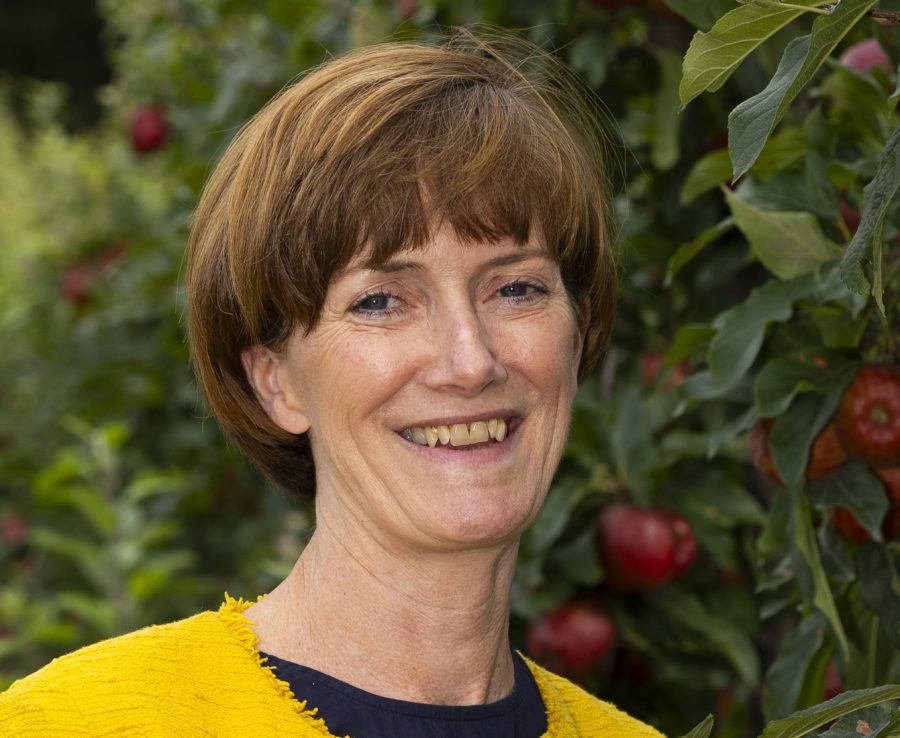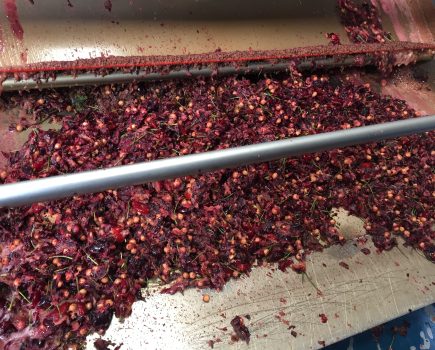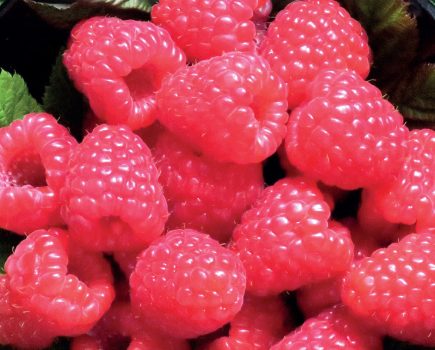Apple and pear growing in the UK faces a critical decline, in-depth research by British Apples & Pears Limited (BAPL) has revealed. The top fruit grower organisation, which has conducted two in-depth studies of current and future UK apple and pear orchard infrastructure, is calling on supermarkets to commit to the industry to halt the decline.
BAPL has said the surveys “reveal a level of planned planting that, if it continues, will lead to the gradual decline of apple and pear growing in the UK”.
While British apple and pear orchard hectarage has been stable for almost 10 years, with 5,577 hectares in 2016 and 5,532 hectares in 2025, the research shows that 2023 and 2024 were two of the three lowest hectarage years over that decade.
BAPL added: “Furthermore, in the past five years, an average of 213 hectares of apple orchards were planted each year. In the next three years, only 145 hectares are planned to be planted with new trees – a 32% drop compared with the five-year average. This is not because growers already have lots of young, productive trees. In fact, 12% of all British apple orchards and 55% of all British pear orchards are more than 21 years old.”
To maintain the current hectarage of apple orchards, BAPL said UK growers would need to plant 369 hectares of new orchards each year. They are planning less than half that (145 hectares). “At that rate, we would have half the orchards we have today in just 12 years.” BAPL warned.
The organisation added: “At a time when climate change affects import availability and price, and when healthy eating and UK food security should be top of the agenda, growers are holding back on orchard expansion. Without a strong business case to invest in new trees, the sector will decline, reducing the availability of fresh British apples and pears.”
Executive chair Ali Capper commented: “Supermarkets must commit to the British top fruit industry now, before it’s too late. They can’t rely on imports when climate change and geopolitical events will undoubtedly lead to scarcity. With long-term retailer commitments, growers can invest and ensure the future of British orchards and fruit supply. But it needs to happen now, before we start to lose our wonderful British apples and pears.”
Key apple findings of the BAPL tree survey
- Survey responders have 4,120 hectares of apple orchards, with more than nine million trees or 2,231 trees per hectare. With survey responders representing 92% of the picked crop of British apples and pears, it is estimated that commercial orchards hold over 10 million trees.
- More than 70 apple varieties are being grown in British commercial orchards, with 36 different varieties planted in the past five years alone.
- Gala is grown in 30% of all apple orchards and Braeburn in 11%. These are the most dominant varieties, but they are in decline as a result of their declining profitability.
- Planting within the past five years has seen big investment in Jazz, (139 hectares), Pink Lady (100 hectares), Magic Star (80 hectares) and Cameo (43 hectares).
- There were 38 hectares of Cox, one of the oldest UK apple varieties, planted in the past five years.
Key pear findings
- Survey responders have 702 hectares of pear orchards with just over one million trees or 1,438 trees per hectare.
- While Conference accounts for 93% of all pear orchard hectares, there are 10 different varieties being grown commercially in the UK.
- More than half (55%) of all Conference pear orchards are over 21 years old.
- In the past five years an average of just 20 hectares of pear orchards were planted per year.
- No growers surveyed are planning to plant new pear trees in the UK in 2026 or 2027. BAPL believes pears are “simply not profitable for UK growers due to low returns”.
Ali Capper concluded: “This is the most detailed picture we’ve ever had of the UK’s commercial apple and pear orchards – and it’s both inspiring and concerning.
“While we now have clear evidence that we have the potential to expand British apple and pear production, confidence among growers is being seriously undermined. We urgently need a policy and retail environment that supports long-term investment and growth, or we risk losing a vital part of British farming.”
BAPL has called on government to increase the annual investment allowance from £1m to £10m, include apple growers, stores and packhouses in the energy discounts planned for the manufacturing sector, ensure there are enough seasonal workers to hand pick top fruit in British orchards, ensure continuity of funding for members of producer organisation schemes and provide clear direction on how the end of the schemes will be managed.
For more like this, sign up for the FREE South East Farmer e-newsletter here and receive all the latest farming news, reviews and insight straight to your inbox.







